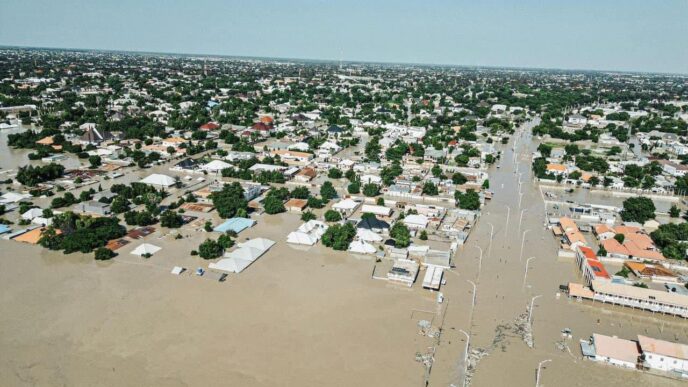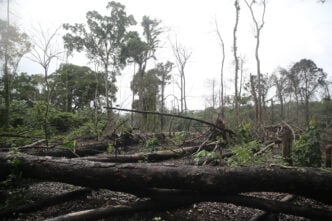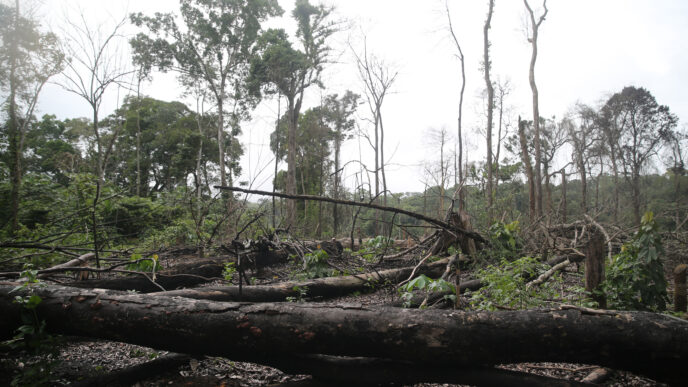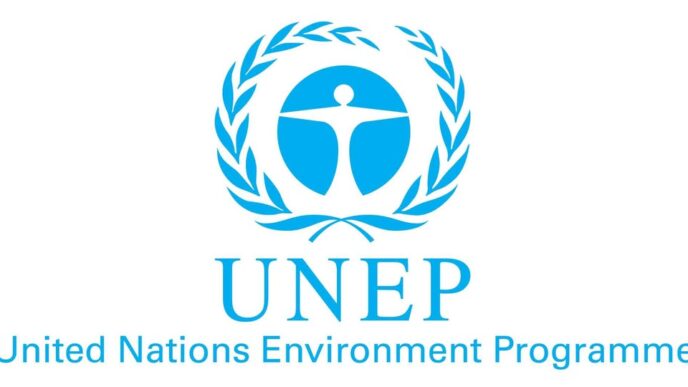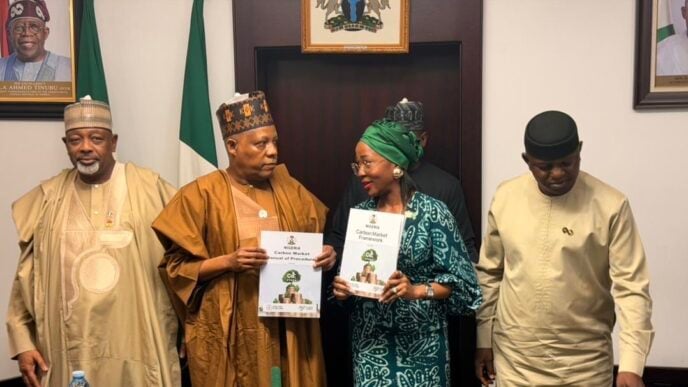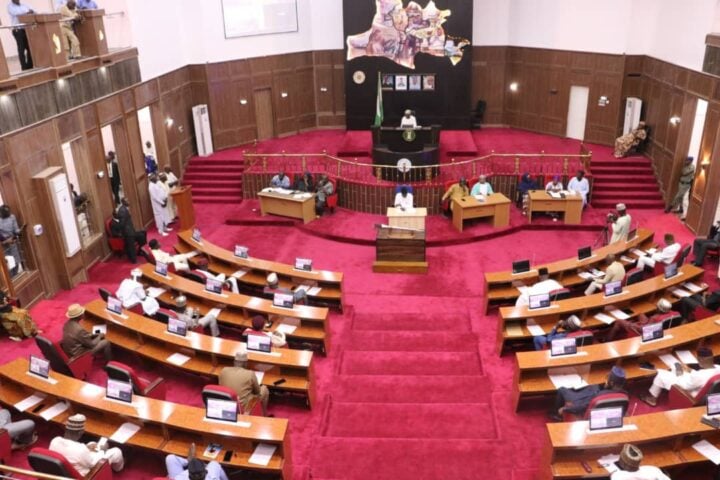Drone photography. Ecosystem. Biodiversity
The World Bank has agreed to serve as the trustee and interim host of the proposed Tropical Forest Finance Facility (TFFF).
Proposed by Brazil, the TFFF aims to channel billions of dollars into protecting tropical forests and supporting indigenous-led conservation.
The facility, part of the Baku-to-Belém roadmap, is designed to reward countries for maintaining their standing forests and accelerating the shift towards sustainable, nature-based economies.
Brazil has pledged $1 billion to the fund, which is expected to mobilise over $100 billion globally through concessional finance, public investment, and the issuance of green bonds.
Advertisement
Under the arrangement approved by the World Bank board, the institution will act as both trustee and interim secretariat for the first three years, managing the fund’s treasury operations and overseeing the issuance of bonds to generate additional capital.
Speaking on Wednesday, at the Belém Desk media briefing monitored by TheCable, André Aquino, special adviser on economy and environment at Brazil’s ministry of environment, said the World Bank’s involvement “sends a strong signal that the TFFF is on solid ground” and will provide the institutional credibility needed to attract large-scale financing.
“The TFFF is about conservation — it’s about paying for the stock of forests,” Aquino said.
Advertisement
“The amount of funding the TFFF could generate globally — $4 billion — is more than twice the current concessional finance directed toward tropical forests.”
He added that countries are expected to sign a declaration of support for the TFFF on November 6, ahead of COP30 in Belém, where tropical forest nations will push for stronger and more equitable climate financing commitments.
Eligible countries will include tropical-forest nations with annual deforestation rates below 0.5 percent, ensuring that resources are directed towards countries demonstrating measurable progress in forest conservation.
If successfully implemented, the TFFF could mark one of the most significant shifts in global forest finance — channelling direct support to indigenous peoples and local communities who serve as frontline protectors of the world’s tropical forests.
Advertisement
‘TURNING FOREST PROTECTION INTO REVENUE STREAM’
Frances Seymour, senior policy adviser to the Woodwell Climate Research Centre and IPAM Amazonia, said tropical forests deliver “outsized climate benefits” despite receiving only a fraction of global climate finance.
“They account for just 1% of climate finance, yet can contribute up to 20% of climate mitigation outcomes,” she said.
“It’s clear they must be included in the $1.3 trillion needed for climate finance by 2035.”
Advertisement
Eron Bloomgarden, founder and CEO of Emergent, which leads the LEAF coalition, said the fund could help turn forest protection into a viable revenue stream.
“Standing forests lack robust revenue streams — that’s exactly what we aim to change through the TFFF and jurisdictional REDD+,” he said.
Advertisement
“If compliance markets recognise nature-based credits, it could be the rocket fuel we need to scale forest conservation finance.”
Julie McCarthy, CEO of NatureFinance, said the initiative aligns with the growing recognition of the global bio-economy, which she estimated is worth between $4 trillion and $5 trillion annually, with a potential to reach $30 trillion by 2050.
Advertisement
Carina Pimenta, Brazil’s secretary for the bio-economy, added that the country will launch a Bio-economy Challenge at COP30 — a three-year task force to drive action across four key areas identified by civil society, academia, and the private sector.
“It will help us tackle the barriers that still prevent the bio-economy from thriving as a model,” she said.
Advertisement


